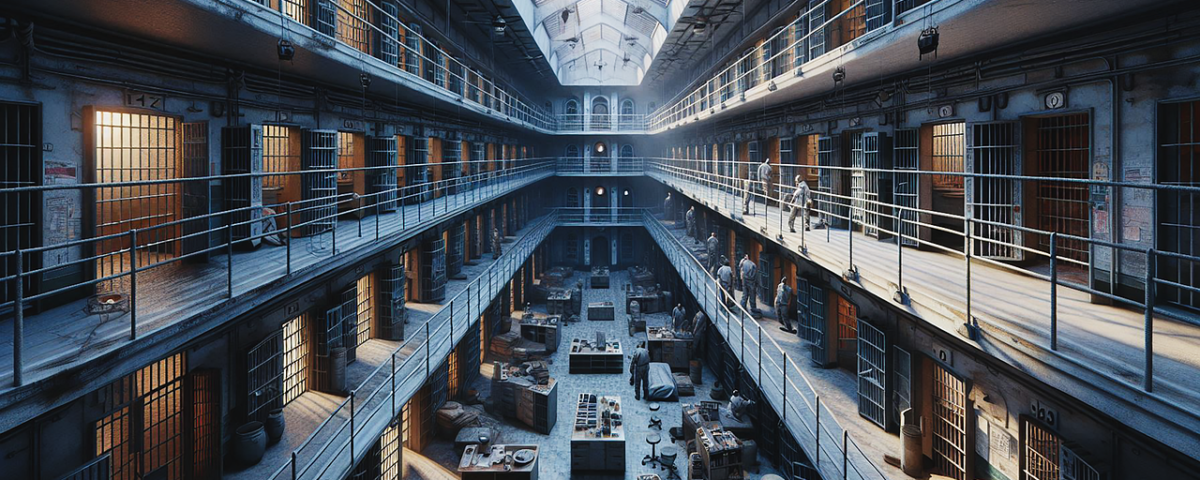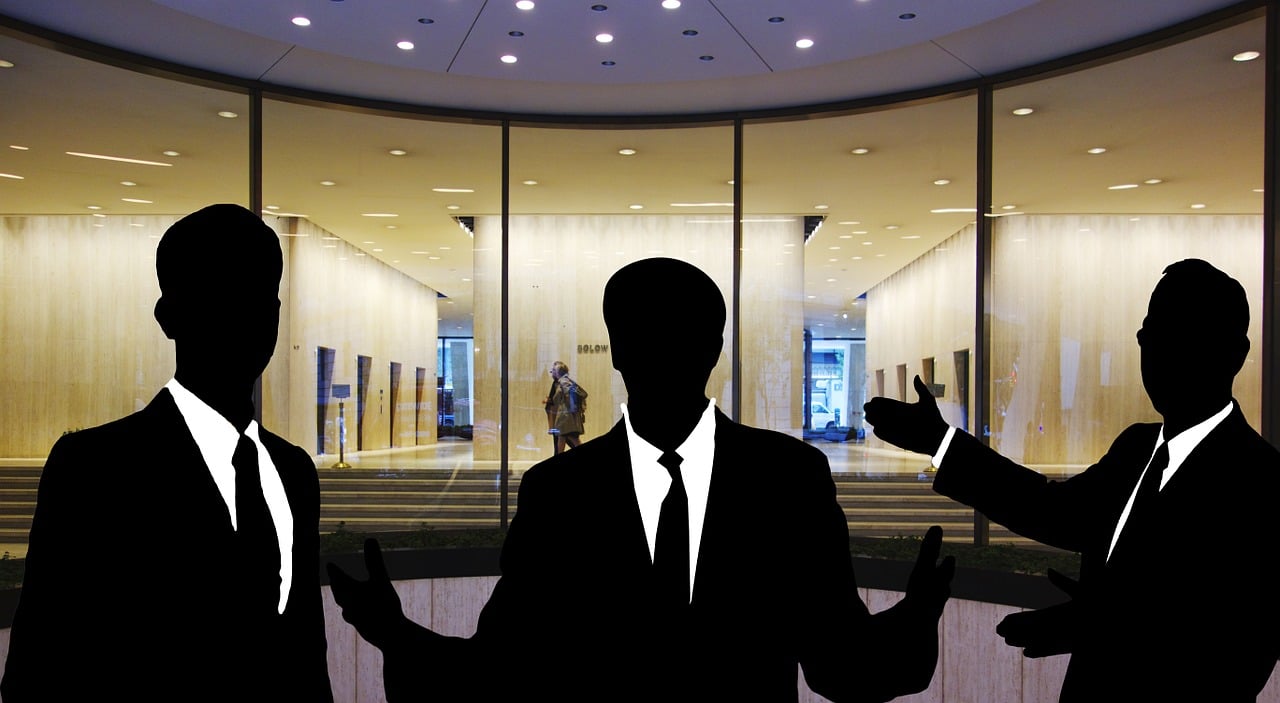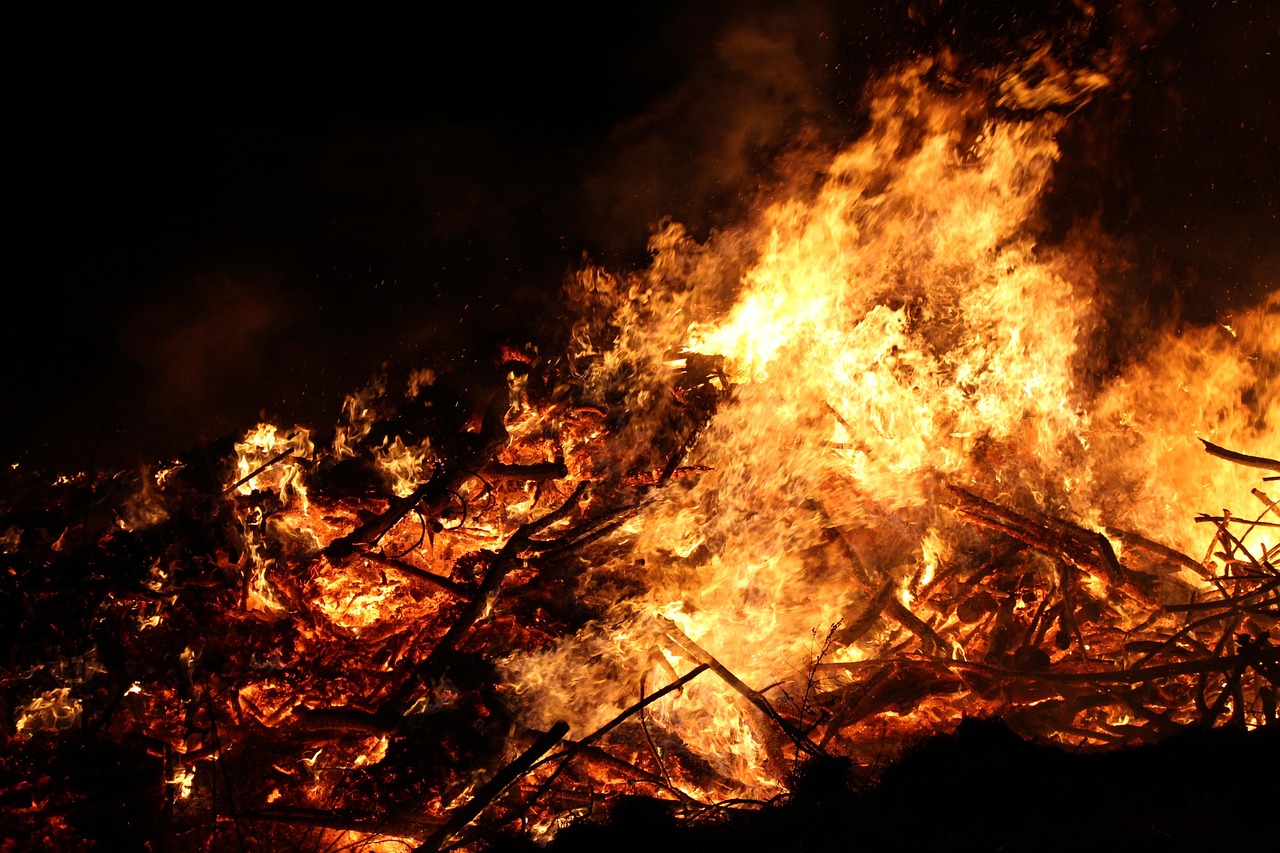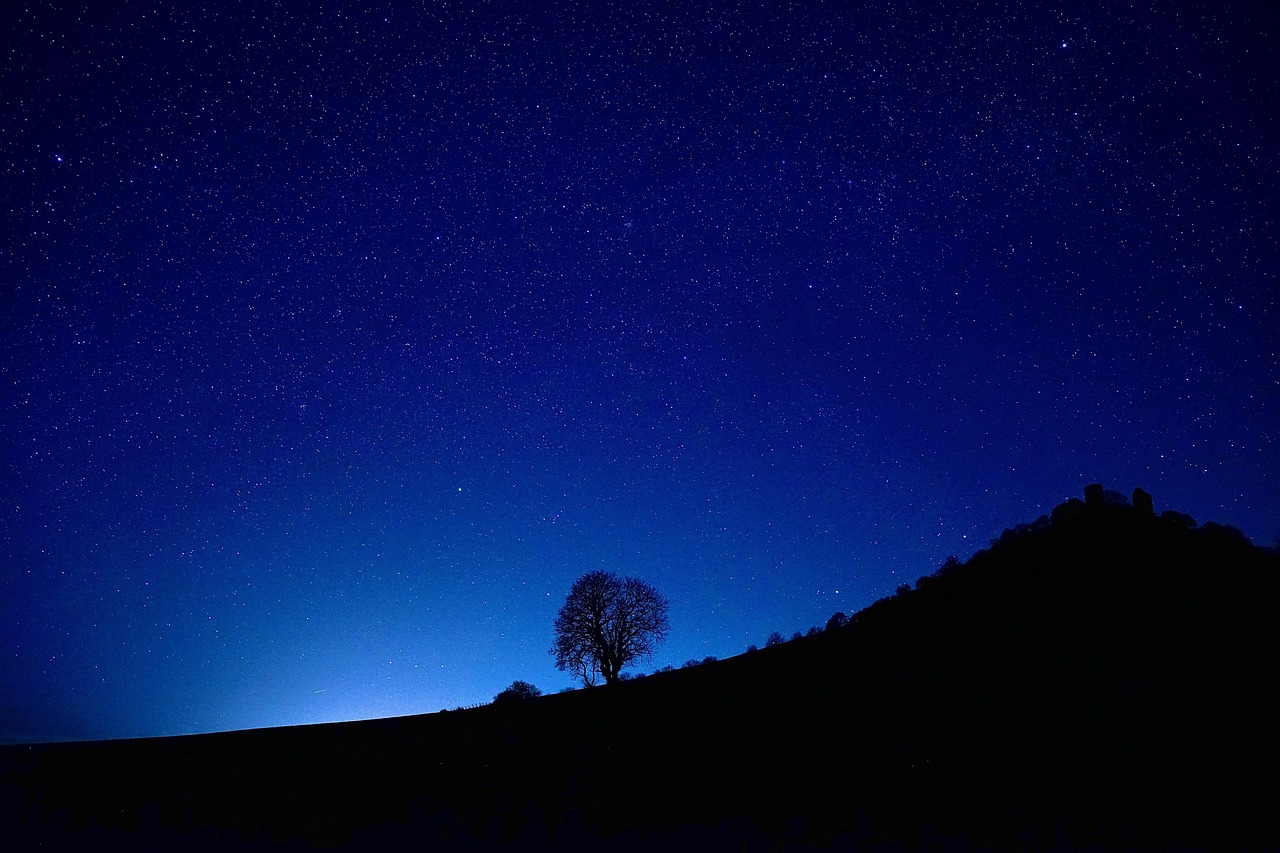
The W.o.D, Housing

The W.o.D, Substance use treatment system
The W.o.D Spaces of Change
Inequality and the spaces of change
Against such secrecy, new strategies for greater transparency and accountability increasingly focus on making more visible the economic transactions that benefit elites. In the extractives sector, civil society has started to promote new mechanisms including the Extractive Industries Transparency Initiative (EITI) or the Publish What You Pay initiative (Mejía Acosta 2013; Heller et al. 2016).
Similarly, around taxation, moves are afoot to clamp down on tax havens through new forms of collaboration, such as the Automatic Exchange of Information (AEOI) initiative, which aims at increasing and facilitating the exchange of information among national tax authorities on the tax positions of people and companies (Moore 2016).
For those seeking more democratic participation, such strategies follow the argument of Piketty (2014: 570): 'Without real accounting and financial transparency and sharing of information, there can be no economic democracy'.
Invited spaces. While making closed spaces visible and transparent represents a new entry point for action on inequality, another space connected by the power cube approach has to do with 'invited spaces' – those spaces where the public and policymakers come together for consultation and public dialogue.
While there is now a great deal of work on 'invited participation' in relationship to social and democratic issues, there are perhaps fewer examples of such engagement on economic policies and programmes.
Citizens may often be 'invited' to engage with issues such as health, education or the environment, but are less likely to be so regarding issues related to economic policy, taxation or trade.
'Participatory Budgeting'
On the other hand, one of the most important initiatives for citizen engagement on economic issues related to inequality has been the movements in many parts of the world related to 'participatory budgeting' – to make the allocation of public resources both more transparent and more democratic.
Recent work by Baiocchi and Ganuza (2014) has shown how activists in the US view participatory budgeting as one way to fight inequality, not only as a way of gaining democratic participation.
Claimed spaces. Finally, the power cube framework suggests that people may engage not only in institutionalised spaces, but also in their own ‘claimed' spaces, whether they be in small-scale acts of resistance or larger scale protests and social movements.
Perhaps related to the lack of meaningful invited spaces on issues of inequality, across the world we have seen a surge of social movements and protest activities, many of which have dissatisfaction with issues of inequality at their core.
For instance, one analysis of 843 recent world protests (Ortiz and Burke 2016) reflects a steady increase in the overall number of protests every year, with the major increase beginning in 2010 (parallel with the adoption of austerity measures in all world regions).
In fact, the largest number of protests during this time were connected to issues of economic justice and austerity, followed secondly by protests linked to political representation and thirdly by those linked with rights (ibid.).
Europe is an emblematic case where people's participation has moved from conventional to unconventional channels.
Indeed, people have started to consider these alternative spaces as the most effective way to influence the policymaking process (see the case of Iceland, Box 1). On the other hand, Latin American countries are currently experiencing an interesting paradox.
Despite substantial and persistent reductions in the Gini2 coefficient (Cornia 2016), most countries in Latin America have experienced increases in protests and civil instability in the last few years (Justino and Martorano 2016).
High inequality increases political participation
While the notion that inequality impedes participation has perhaps been the dominant one in political science, empirical evidence and recent studies give rise to a competing view. Despite the ability of elites to shape both political opportunities and outcomes, there are counter-narratives in the face of rising inequality, such as the Occupy movement, landless people's movements, food riots and youth revolts.
Around the world, the incidence of protests in the face of inequality is rising (Ortiz and Burke 2016), and anti-austerity movements in Greece, Italy, Portugal, Spain and elsewhere appear to be bringing new actors and voices into the political process.
Just as in the first thesis, these empirical trends are also explained by a competing set of arguments. Rising or persistent disparities may result in feelings of relative deprivation (Runciman 1966) and an increase in anger about the status quo.
Yet, unfulfilled expectations may lead to lower trust in political institutions, particularly when people blame the government for fuelling inequality or for failing to redistribute (Justino and Martorano 2016), which rather than lead to acceptance of the status quo may provide citizens – and especially the worse-off – with additional incentives to engage in politics (Filetti 2016), either through conventional means, such as participation in elections, in social movements or in protest activities (Gurr 1970; Flechtner 2014).
In this setting, unconventional means of protest may be perceived as corrective mechanisms of democratic deficit as well as the most effective way to influence the political agenda (Justino and Martorano 2016) and to counterbalance the uneven distribution of power (Filetti 2016).
While both sets of arguments have evidence behind them, there is still no consensus on the complex interrelationships of inequality and political participation. Why does inequality in one context or for one group dampen participation, while in others it is met by mobilisation?
How and when do changing patterns of inequality lead to changing patterns of political behaviour? A richer understanding of these relationships is revealed, we suggest, by bringing in a focus on the dynamics of power, and how power mediates between inequality and participation.
Changing patterns of inequality are rapidly changing patterns of power. In turn, shifting patterns of power affect where and how citizens engage in political processes. Rather than a linear process, this relationship takes place dynamically, affected by and in ever shifting spaces, levels and forms of power. More understanding is needed of these relationships.
Looking at inequality through the power cube lens
Ten years ago, in a previous IDS Bulletin on power, John Gaventa presented the power cube as one approach to understanding and analysing power. In that article, he argued for the 'need for activists, researchers, policymakers and donors who are concerned about development and change to turn our attention to how to analyse and understand the changing configurations of power.
If we want to change power relations, e.g. to make them more inclusive, just or pro-poor, we must understand where and how to engage' (2006: 23).
Since that time, the power cube approach has been widely picked up and used (see, for instance, Hunan and Pettit 2012; Pantastico 2012).
To our knowledge, however, very few studies have applied the power cube approach to an analysis of how changing inequalities at the local, national and global level relate to the changing configurations of power, and to the strategies and 'spaces of change' for challenging these inequalities.
To do so completely would require far more specific empirical and contextual study than is possible to cover in this article. However, both authors were involved in publishing the World Social Science Report, Challenging Inequalities:
Pathways to a Just World (ISSC et al. 2016), a compendium of over 70 articles on inequality from authors from some 40 countries across the world.




